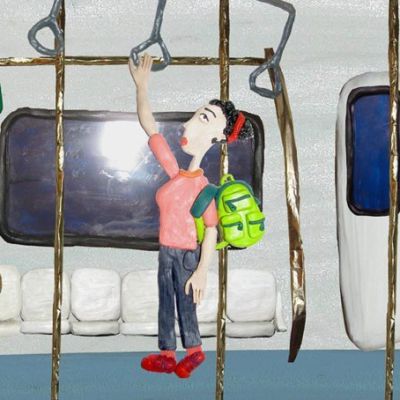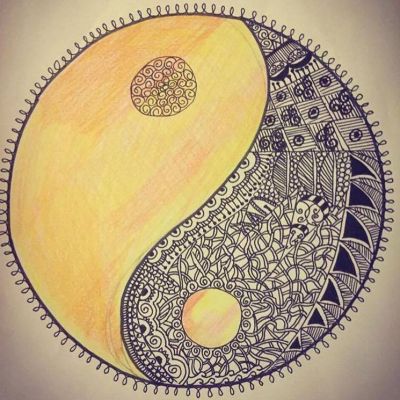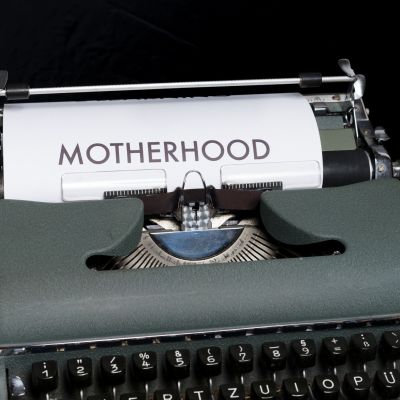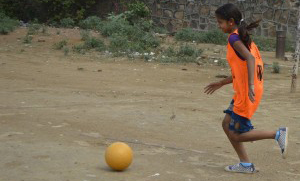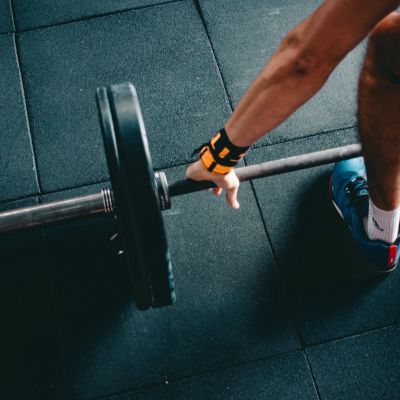Gender
As someone who was surrounded by the sounds of music at home from my early childhood and with a parent who worked in rural education programmes, forming connections between art and (social) change wasn’t too difficult, albeit extremely challenging to explain to many other people who didn’t necessarily see the power that art has to deliver a message or be used as a tool for change.
The rape and murder of a young woman in New Delhi on December 16, 2012, left the Indian public consciousness…
I always thought I’d get married in a white mekhla-sador, the paht soft and warming, so in cool weather please.
I said “excuse me”, walked past them and then never looked back to see the look on their faces. And then without a thought, I reached the destination and said loud and clear, “Woman’s seat”, which was a gesture to say “give me the seat, because it is a woman’s seat and you are a man sitting on it.”
I remember realising that ‘gender’ was a construct when I was 9 or so, that it wasn’t real. I was…
Feminine energy is supposed to be yin, receptive, gentle, intuitive,and fulfilling. Masculine energy is supposed to be yang, active, fast, fierce, emptying, goal-oriented and focused.
Manto’s writings reflected both his own context and more. His stories dealt with eternal issues like love, deceit, pain, friendship and materialism. They also dealt with the specificity of national liberation movements, partition and the class-caste-religion matrix influencing human relationships in the particular context of South Asia.
I do not feel the need to fight the feminist war within these spaces all the time, now that it has become my home. I have come to terms with the idea that certain contradictions can co-exist peacefully like the yin and yang. But still, sometimes, my mind is roiled in conflict, with me cautiously trying to balance my two identities – the feminist and the army officer’s wife. Nevertheless, I am unwilling to give up one for the other (even if I might be perceived as being less of one of them). So I continue to be an individual with two seeming contradictions: a feminist army-officer’s-wife!
The idealisation of motherhood is crucial to our culture; it is important that the mother is self-sacrificing. This sacrificial instinct isn’t limited to women’s behaviour. It goes on to encompass the entirety of her corporeality and the way she performs it.
The nature of the labor that goes into performing femininity is that it’s invisible. Or at least it’s supposed to be. As a culture, we expect women to look glossy and shimmery and smooth. We don’t want to know about the time and money that goes into this presentation.
Bare feet, dry brown hair, shabby clothes, a girl not older than 12 years stared out from her terrace at…
I can recall my experiences in the washrooms of different gyms that I have been a member of. A men’s washroom is an interesting place in terms of how sexuality manifests itself in its various aspects. It was not unusual to see men of various kinds with strange energies in these washrooms.
The patriarchy is petrified of gender fluidity. Not only does the femininomenon threaten the modes of sex-based binaries, but it also undermines sexist hierarchies.
[slideshow_deploy id=’1470′] In India, we are constantly confronted by images of what Indian women should be. Goddess on walls portray…




